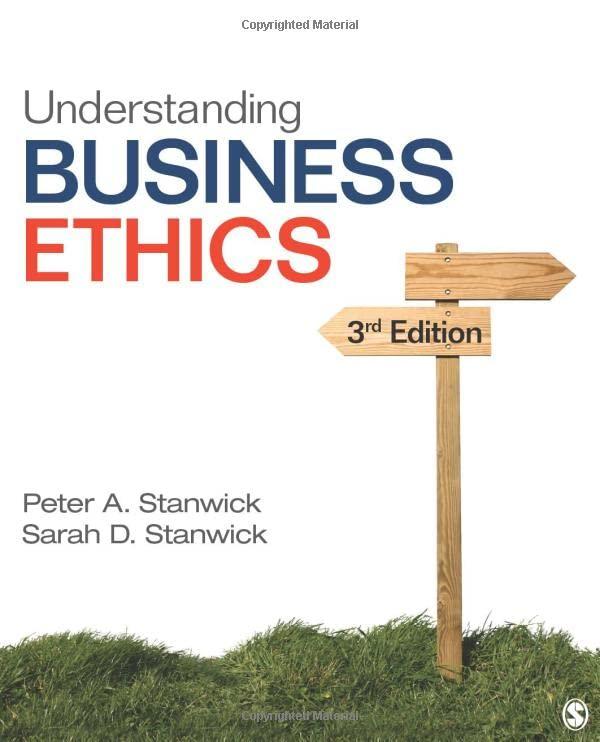Answered step by step
Verified Expert Solution
Question
1 Approved Answer
Abbate v. United States, Abbate was charged with with the crime of conspiring to destroy the property of another even though, he informed Chicago police
Abbate v. United States, Abbate was charged with with the crime of conspiring to destroy the property of another even though, he informed Chicago police of what was going to happen. He was charged in Illinois. Later on, Norman McLeod testified against his former co-conspirators in trial federal court. The jury found Abbate and the other two co-conspirators guilty. The three men argued that this conviction violated their Fifth Amendment Double Jeopardy right. The issue in this case was whether the Double Jeopardy Clause of the Fifth Amendment prohibits federal prosecutions that are based on the same facts that underpin a defendant's conviction under state law? The Supreme Court ruled that the Double Jeopardy Clause does not apply to a federal prosecution that follows a state prosecution of the same person for the same actions. The second case I read, Benton v. Maryland, Benton was charged with burglary and larceny in a Maryland court. The jury found him guilty of larceny, but not burglary. He then appealed his case on the grounds that the grand jury who that indicted him were chosen unconstitutionally. The case was remanded and Benton went up against another grand jury. This jury charged him with both larceny and burglary. Benton appealed this and said that being charged with larceny after being acquitted in the first case violated his 5th Amendment Double Jeopardy right. The Maryland Supreme Court that the double-jeopardy clause did not apply to state court criminal proceedings. The issue in this case was whether Benton's second indictment, trial, and conviction for larceny violate the Fifth Amendment provision against double jeopardy.
Step by Step Solution
There are 3 Steps involved in it
Step: 1
From your descriptions it seems youre interested in exploring the application of the Double Jeopardy Clause of the Fifth Amendment in US law in the co...
Get Instant Access to Expert-Tailored Solutions
See step-by-step solutions with expert insights and AI powered tools for academic success
Step: 2

Step: 3

Ace Your Homework with AI
Get the answers you need in no time with our AI-driven, step-by-step assistance
Get Started


